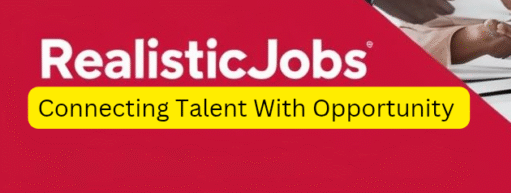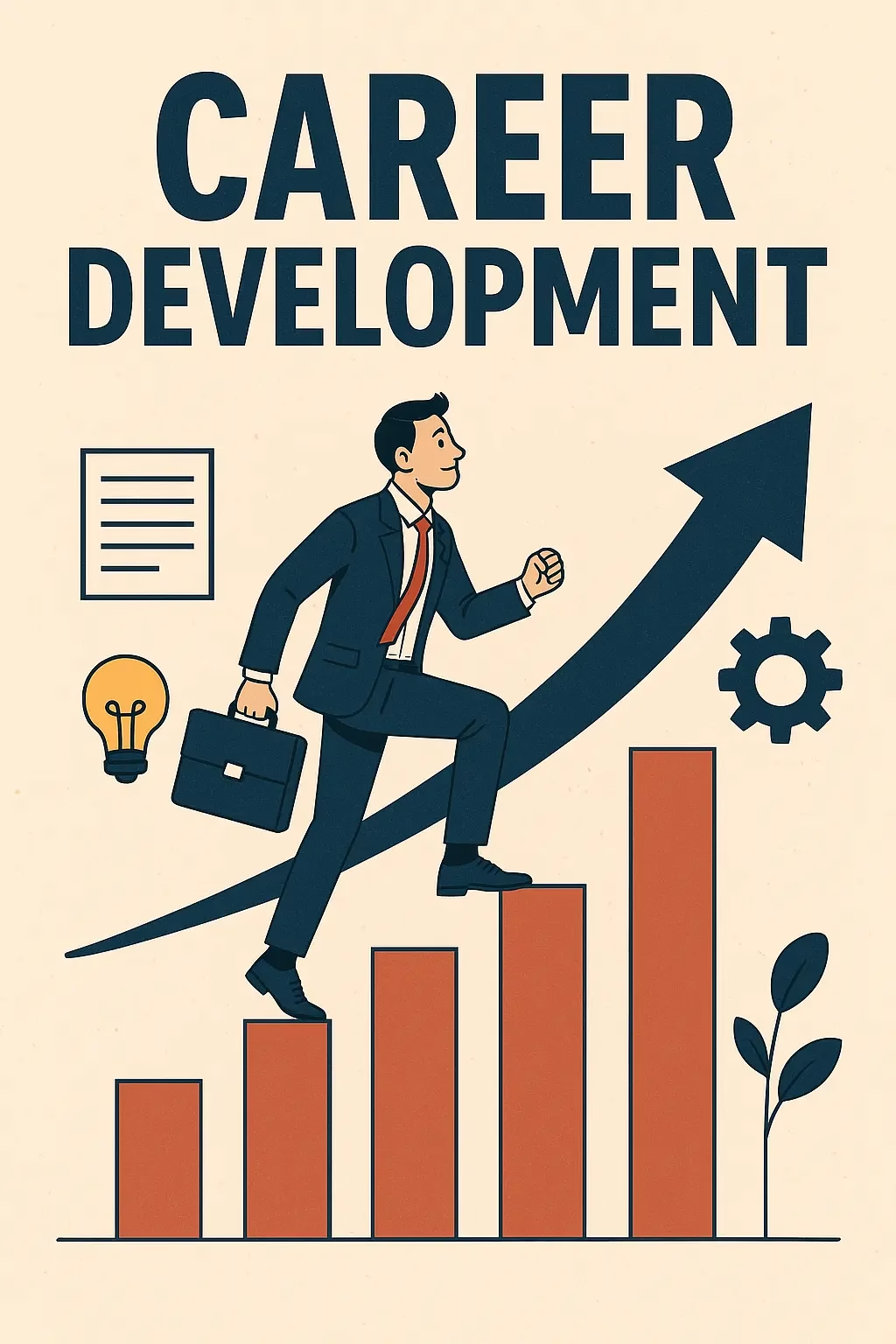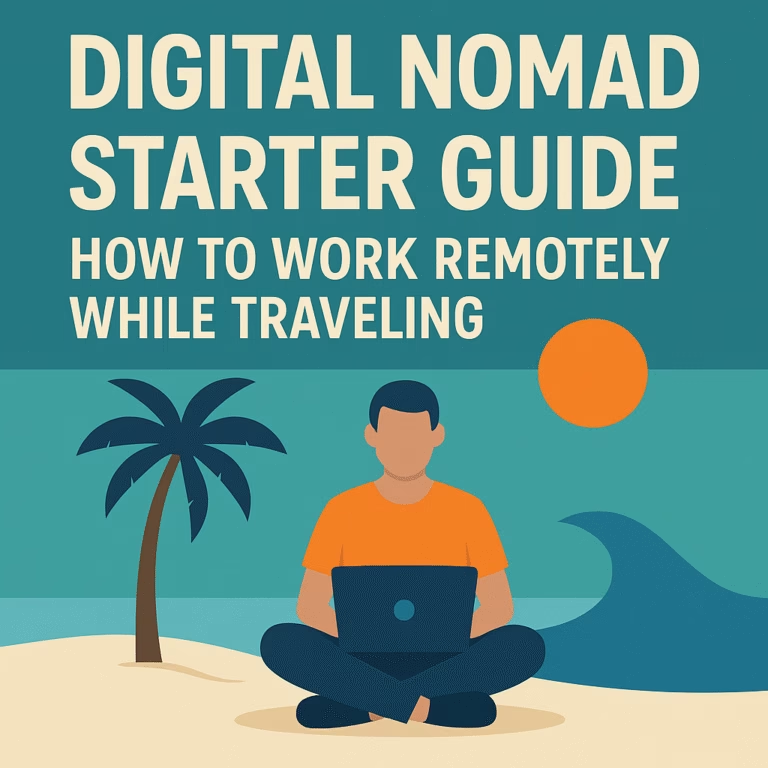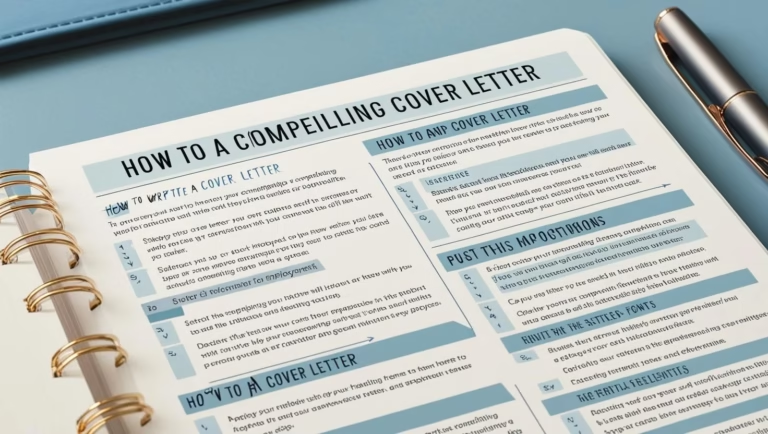Career Development Advice That Actually Works: Build a Path, Not Just a Resume
In today’s fast-evolving job market, career development is more than climbing a corporate ladder—it’s about designing a career that aligns with your goals, values, and evolving skill set. Whether you’re just starting out or years into your profession, intentional career development can lead to greater job satisfaction, better pay, and long-term success. In this article,…
In today’s fast-evolving job market, career development is more than climbing a corporate ladder—it’s about designing a career that aligns with your goals, values, and evolving skill set. Whether you’re just starting out or years into your profession, intentional career development can lead to greater job satisfaction, better pay, and long-term success.
In this article, we’ll explore practical career development strategies that work in 2025—so you can build a career, not just a job history.
What Is Career Development?
Career development is the process of actively managing your work life, including:
- Setting short- and long-term goals
- Gaining new skills
- Seeking feedback and mentorship
- Navigating job changes and promotions
- Aligning your work with your personal and professional values
It’s a lifelong journey—not a one-time decision.
1. Set SMART Career Goals
The foundation of effective career growth is setting S.M.A.R.T. goals—Specific, Measurable, Achievable, Relevant, and Time-bound.
Example:
“I want to become a senior UX designer within 2 years by completing a certification, taking on more client-facing projects, and getting mentorship from a lead designer.”
Setting clear goals helps you focus your learning, measure progress, and stay motivated.
Action Step:
Write down 1–3 career goals. Break each down into smaller milestones you can achieve over the next 6–12 months.
Related: In-Demand Tech Skills by Industry in South Africa (2025)
2. Invest in Lifelong Learning
Technology and job market trends change fast. One of the best ways to future-proof your career is by continually updating your skills.
Popular Ways to Learn:
- Online courses (Coursera, Udemy, LinkedIn Learning)
- Industry certifications (e.g., Google, CompTIA, PMP)
- Webinars and podcasts
- Mentorship and coaching
- Reading books, blogs, or whitepapers in your field
Tip: Employers love self-starters. Adding a relevant certification or course to your resume can give you a competitive edge—even if it’s not required for the role.
3. Build a Personal Brand
Your online presence matters. Recruiters often search your name before contacting you. A strong personal brand can position you as a thought leader or expert—even if you’re early in your career.
Ways to Build Your Brand:
- Keep your LinkedIn profile updated (with keywords and achievements)
- Share insights or industry trends weekly
- Create a portfolio website
- Speak at local events or webinars
Realistic Tip: You don’t need to become an influencer. Just be consistent and authentic in how you present your experience and ideas.
4. Seek Feedback—And Use It
Constructive feedback is one of the fastest paths to growth. Don’t wait for your annual review—ask for feedback regularly, and treat it as data, not a personal attack.
Ask Questions Like:
- “What’s one thing I could do better?”
- “How did that project go from your perspective?”
- “How can I contribute more to the team?”
Then take action. Feedback without follow-through won’t help you develop.
5. Network with Intention
Networking is more than collecting LinkedIn connections. It’s about building relationships that are mutually beneficial.
Where to Network:
- Industry events or meetups (in-person or virtual)
- Alumni groups
- LinkedIn or Twitter (comment on others’ posts)
- Online communities (Slack groups, Reddit, Discord)
Networking can lead to mentorships, collaborations, job referrals, or simply new ideas.
Tip: Give before you ask. Share articles, offer help, or make introductions to build goodwill.
6. Embrace Lateral Moves and Career Pivots
Climbing the ladder isn’t the only path. Sometimes, a lateral move—to a different department or role—can be more valuable than a promotion.
Why Lateral Moves Help:
- Broaden your skill set
- Expand your internal network
- Increase your understanding of the business
- Open up new long-term paths
If your interests shift, don’t be afraid to pivot careers entirely. It’s increasingly common (and respected) to switch industries or roles—especially if you can show how your skills transfer.
Related: How to Write a Resume That Actually Gets You Interviews
7. Prioritize Work-Life Balance and Mental Health
Burnout kills momentum. Career development isn’t about overworking—it’s about sustainable progress.
Protect Your Career by Protecting Your Energy:
- Take breaks and vacations
- Set boundaries (especially when working remotely)
- Get enough sleep and exercise
- Seek support if you’re feeling overwhelmed
A well-rested, mentally healthy professional performs better, stays longer, and enjoys their work more.
8. Document Your Wins
Keep a private log of your accomplishments, skills learned, and feedback received. This makes it easier to:
- Update your resume
- Prepare for interviews or performance reviews
- Reflect on your progress
Examples of Wins to Track:
- Projects completed and their outcomes
- New tools or platforms mastered
- Positive client or manager feedback
- Revenue or efficiency improvements you contributed to
9. Evaluate Opportunities Carefully
Not every job offer or promotion is a good fit. Look beyond salary.
Ask yourself:
- Will this help me grow?
- Does the team culture align with my values?
- Will I be proud of the work I’m doing?
Career growth isn’t just about climbing fast—it’s about climbing in the right direction.
10. Stay Curious and Adaptable
The only constant in the modern workplace is change. Stay curious. Learn outside your comfort zone. Be open to new ideas and tools.
Adaptability isn’t just a nice-to-have skill—it’s a survival tool.
Final Thoughts: Career Development Is an Ongoing Investment
You don’t need to have your entire career figured out today. But you do need a direction and the willingness to keep learning, adjusting, and moving forward.
Whether you’re chasing your first big opportunity or planning a pivot into a new field, remember this: career development isn’t about perfection—it’s about progress.
Liked this article?
Explore more guides on RealisticJobs.com/blog and start building a career that works for you.







